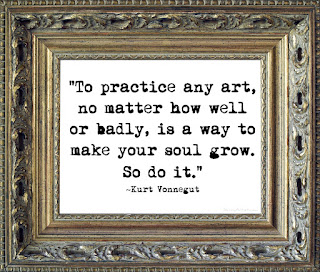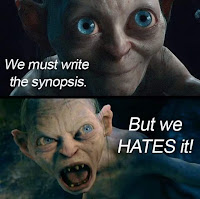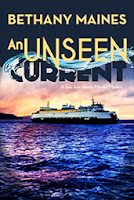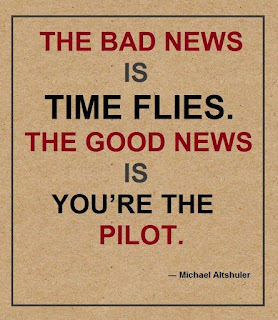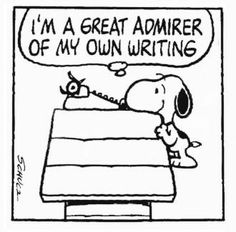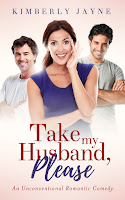Running on Empty
by J.M. Phillippe
I also really want to write about Game of Thrones, because the last two episodes have been amazing, and it’s one of my favorite shows (in part because I also write fantasy). And it would be easier to write about that than pretty much anything else I could come up with.
And I also want to write about my struggle at work with clients who have little to no tolerance for the fallibility of others (including their therapist) and how hard that is to hold, again, with compassion.
But I just feel so bleh about it all. I am trying to hold on to the idea that what I write matters, both in this blog and in my fiction. I have been struggling to hold on to the idea that art matters, that novels matter, when I feel like I should be out marching instead of writing, or calling more senators and house representatives.
I am struggling to have enough energy to balance out all the things I want in my personal life with the national tragedy that is all around us. I am really struggling with dealing with the fact that so many people (again, including clients) don’t believe there is a national tragedy or fear the rise of white nationalism (and literal Nazis!) in our country.
I know that art matters. I know that it doesn’t have to be high and mighty, capital A Art to matter either. I know that distraction is not a bad thing when there is so much bad news happening all the time. And I know that for myself, I do best when I engage actively in creativity on a consistent basis.
And I also know that I am not the only one struggling right now, so I’m just going to put this here:
I’m going to go practice some art — even if I do it badly — so that I can refill my compassion well. It’s been on empty for a while.
J.M. Phillippe is the author of Perfect Likeness and the short story The Sight. She has lived in the deserts of California, the suburbs of Seattle, and the mad rush of New York City. She works as a family therapist in Brooklyn, New York and spends her free-time decorating her tiny apartment to her cat Oscar Wilde’s liking, drinking cider at her favorite British-style pub, and training to be the next Karate Kid, one wax-on at a time.

